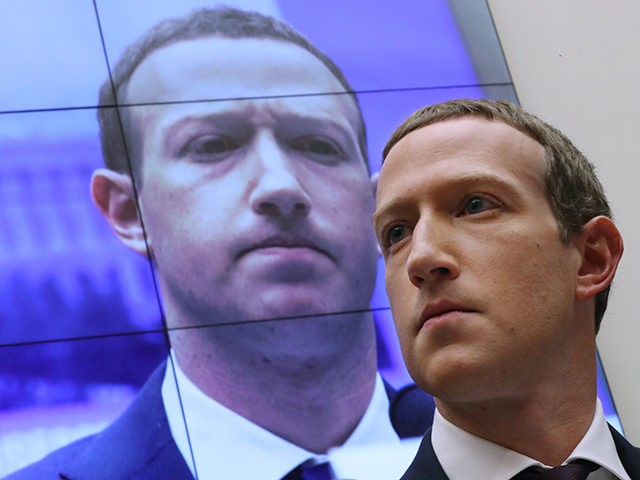As tech giants Amazon, Apple, Facebook, and Google are investigated by Congress over antitrust allegations, troves of internal company emails reveal how these companies rose to the top and provide compelling evidence that they violated antitrust laws. Columbia Law School professor Tim Wu believes that the Masters of the Universe have built a business model on buying the competition, and destroying those that will not sell.
In a recent article for the New York Times, Columbia Law School professor Tim Wu outlines some of the key pieces of information gained from internal emails from Apple, Google, Facebook, and Amazon as the companies face a rigorous antitrust investigation by Congress. The documents details how the companies, Facebook and Amazon in particular, may have violated antitrust laws while becoming market leaders in their fields.
The Times article notes internal emails from Facebook which appear to show that Facebook had a common tactic to “control” smaller companies that posed a threat to the social media giant.
Wu writes:
Exhibit A is Facebook, whose documents are the most damning. Emails from Mark Zuckerberg, its chief executive, strongly suggest that since about 2008 he has had a method for controlling what in a 2012 email he called “nascent” companies that posed “very disruptive” threats to Facebook. His method has been the buyout or the aggressive cloning of features to compel a company to sell itself to Facebook. He foresaw that there would be a limited number of “social mechanics,” or areas of innovation in social media, each of which would have one winner. “Instagram can hurt us,” he wrote in 2012, right before acquiring the company and eliminating the threat that its photo- and video-sharing technology posed to Facebook.
Amazon similarly outlined how the company addresses competition and its aggressive approach to rivals:
Amazon doesn’t come off much better. Its documents show an apparent willingness to lose money to keep competitors under water. Early on, because of low pricing, Amazon lost more than $200 million from diaper products in a single month. It ran its chief competitor, Quidsi, into the ground. (Quidsi owned Diapers.com.) Then Amazon bought the weakened company. This approach, like Facebook’s acquiring of competitors, is how John D. Rockefeller built up Standard Oil in the 1870s. It’s “join us — or face extermination.” Likewise, Amazon has admitted to sometimes selling its smart speaker, Echo, below cost, presumably on the theory that collecting huge amounts of data on users and securing direct access to their homes will present an insurmountable barrier to potential rivals.
Internal emails from Google appear to show that the company actually had very little interest in the video-sharing platform YouTube but chose to purchase it simply out of fear that it would threaten the company’s monopoly on search. Google bought YouTube for $16.5 billion in 2006. All of this appears to show a pattern of big tech firms simply buying away their problems.
Wu notes that while the recent antitrust subcommittee hearings are a good step in the right direction, concrete action must be taken to prevent these Silicon Valley tech firms from continuing to operate monopolies in the world of Big Tech.
Read more at the New York Times here.
Lucas Nolan is a reporter for Breitbart News covering issues of free speech and online censorship. Follow him on Twitter @LucasNolan or contact via secure email at the address lucasnolan@protonmail.com

COMMENTS
Please let us know if you're having issues with commenting.